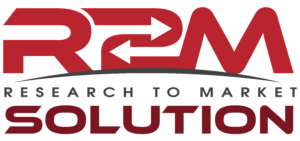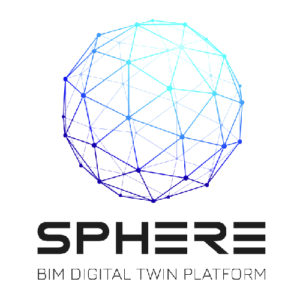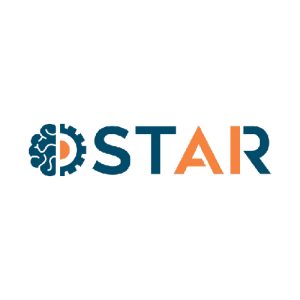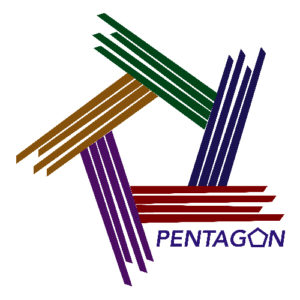
SPHERE
Service Platform to Host and SharE REsidential data
SPHERE is a Horizon 2020 EU-funded project involving 19 partners targeting the improvement and optimisation of buildings’ energy design, construction, performance, and management, reducing construction costs and their environmental impact while increasing overall energy performance.
SPHERE project will integrate two planes of research, innovation and improvement:
– integration of the processes under the Digital Twin Concept involving not only the Design and Construction of the Building but including also the Manufacturing and the Operational phases
– integrated platform that will be achieved through an underlying ICT Systems of Systems infrastructure based on Platform as a Service (PaaS) service to allow large scale data, information and knowledge integration and synchronization thus allowing a better handling and processing e.g BIMBots, machine learning , simulation etc.
This Digital Twin concept is in fact a distributed but coordinated Database, including geometrical objects information that forms a unique synchronized virtual model of the reality. As has been proven in other fields, twinning this virtual information model with the reality helps significantly in decision-making during each phase of the whole building’s lifespan (manufacturing, design, construction, maintenance, operation, retrofitting and even demolition). The SPHERE cloud-ICT platform will allow to interact all different stakeholders during any phase of the asset with a building Digital Twin model of information of the building and a scalable set of different software tools, such as energy demand/performance simulation tools, Decision Support and Coaching Systems, BEMs or IoT enabled Predictive Maintenance Algorithms. The Digital Twin Concept, platform and Tools will be tested in four real pilots and finally validated both technically and especially final social acceptance to accelerate market uptake.
Motivation & Impact
Role of R2M
Motivation & Impact
The quality of construction works also has a direct impact on the quality of life of Europeans. Not least, the energy performance of buildings and resource efficiency in manufacturing, transport and the use of products for the construction of buildings and infrastructures have an important impact on energy, climate change and the environment. Following this, decarbonising Europe’s building stock is one of the 4 interlinked pillars in the focus of EU clean energy research and innovation to build a low-carbon, climate-resilient future. Significant actions following COP21 Paris Agreement have been started aiming to develop across all sectors ground-breaking technological and non-technological solutions, capable of achieving carbon neutrality and climate resilience in the second half of this century in Europe and beyond. Therefore, a sustainable construction sector plays a crucial role for reaching the EU’s long term 80-95% greenhouse gas emission reduction objective.
The objective of SPHERE is to impact in both levels: during construction (reduction of time and costs) and during operations (reduction of CO2 , reduction of the energy gap between design and operation, IAQ):
– During operations, this is translated into smarter controls which are closer to the ideal (as assumed during design), reduced user interactions (idiosyncratically we are not taught how to be energy efficient), improved detection of performance deviations and better decision support in general. In summary, the more autonomous the building is the more efficiency it operates.
– During construction, while we wait for the advent of a fully robotic construction process, the whole process (for design to commissioning) is still highly dependent on human interaction. Here ICT systems are at disadvantage since their full potential is only exploited when users both, interact with it continuously and properly interpret the information provided. During design, few options are developed since they are time consuming to generate individually. Additionally, different tools are normally used by different professionals during the various phases and information, instead of flowing between tools, is manually copied repeatedly which is time consuming and error prone.
Role of R2M
In Sphere, R2M’s sustainability, Engineering and ICT units are involved:
Regarding sustainability, R2M will collaborate in tasks related to ISO50001 consulting, LEED certification, sustainable design consulting for retrofits and new construction, renewable energy system design, building energy simulation, fault detection and diagnosis and IPMVP planning and assessment. Engineering unit will leverage its structural health monitoring consulting and drone inspection services and the ICT unit will collaborate with ICT Platform Requirements and KPIs definition and Demonstration
The combined competence of R2M divisions include market analysis, business model development, license agreements, IP protection and the leveraging of multinational business development mechanisms.
R2M is SPHERE’s innovation manager (R2M), Market Analysis, Exploitation, Standardisation and Impact Maximisation work package leader and will support in the Dissemination and Communication and different technical and demonstration tasks.



















































